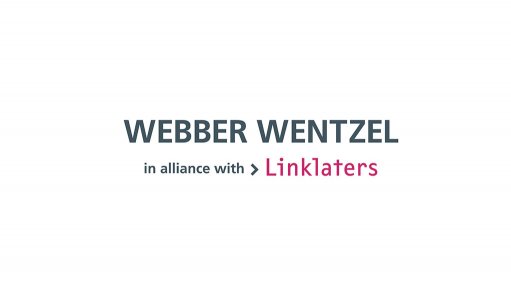
Today, a presidential proclamation was signed bringing into effect the section of the 2009 Competition Amendment Act which criminalises cartel conduct. The provisions will come into effect from 1 May 2016, but will not apply retrospectively.
As a reminder, section 73A of the Competition Amendment Act states that a director or manager of a firm commits an offence if he/she caused the firm to fix prices, allocate markets or collusively tender, or knowingly acquiesced in the firm engaging in these prohibited restrictive horizontal practices. In this context, "knowingly acquiesced" means having acquiesced while having actual knowledge of the firm's prohibited conduct. A director or manager found in contravention of section 73A is liable to imprisonment for up to 10 years or a fine of R500 000 or both.
Section 73A of the Competition Amendment Act may give rise to a constitutional concern in that it provides for a reverse onus within the context of criminal sanctions. This means that a consent order or a finding by the competition authorities that the firm engaged in prohibited conduct in terms of section 4(1)(b) is prima facie proof in the criminal proceedings against a director or manager that the firm engaged in the prohibited conduct. This reverse onus may undermine a number of important fair trial rights including the right to be presumed innocent and the right not to testify during proceedings.
It is expected that additional amendments to the Competition Act are to be introduced during the course of this year. These amendments will address excessive pricing and the abuse of market dominance. They will also provide guidelines for leniency applications and procedures for various issues including confidentiality claims.
Submitted by Webber Wentzel